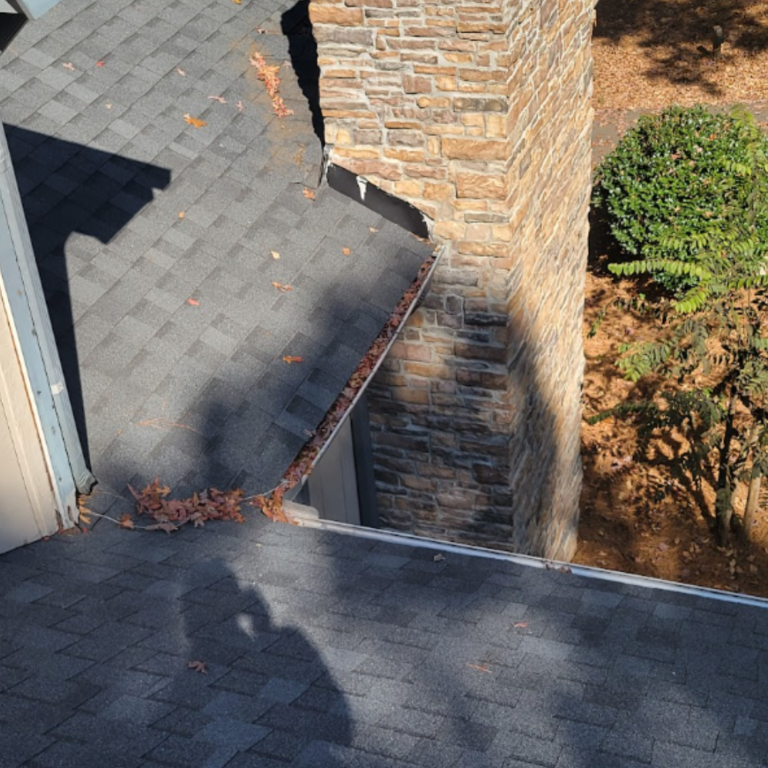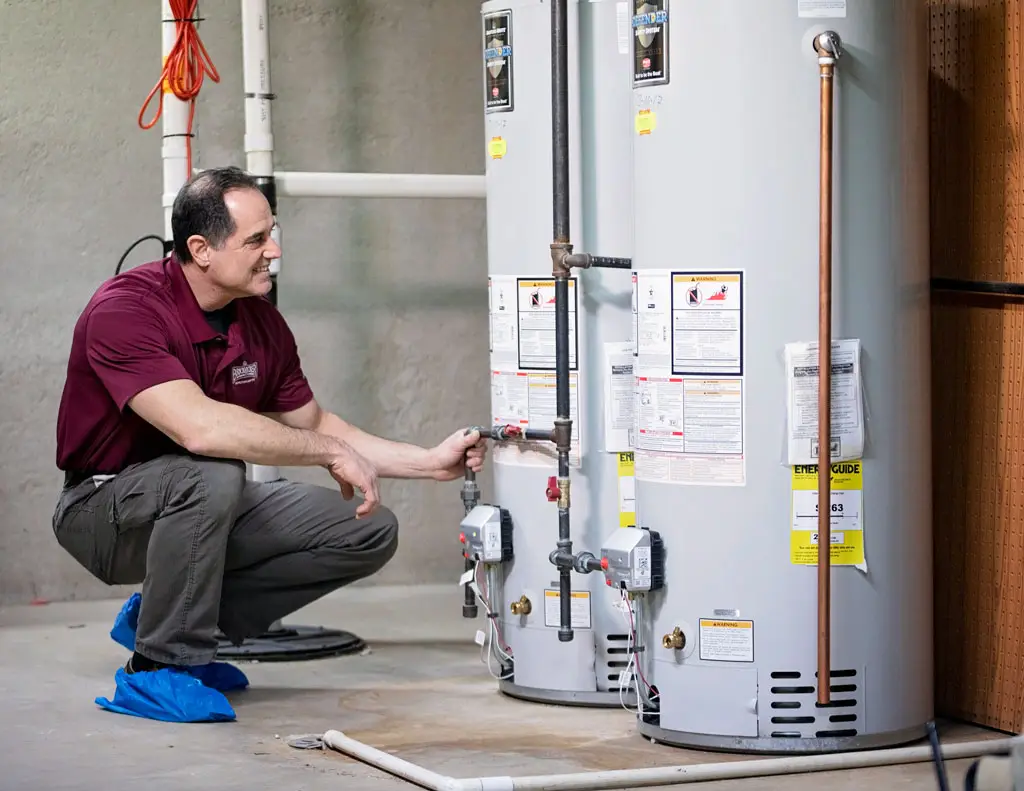Why Gutter Cleaning is Important!

The seasons are changing and our maintenance recommendation for November is to inspect and clean your gutters. It is important to make sure your roof drainage systems are working properly to divert water away from the foundation. If you don’t have trees overhead, you should still inspect these systems to ensure they are working properly.
Why Would You Need Gutter Guards
Inspect your gutters to make sure they are not clogged with debris. You may need to clean your gutters more than once. I live in the woods so I have to clean mine three or four times a season; usually, every time I blow the leaves off my driveway. Most people get away with one or two. We recommend installing gutter guards if you have a lot of trees nearby. I prefer RainDrop Pro Gutter Guards. They are made of polyethylene and have a 25-year warranty. Nothing sticks to them, they have UV protection and they are almost indestructible.
If you already have gutter guards, ensure they are not clogged and are working as intended. I have experimented with several different types and some perform poorly over time. Those with screens usually become clogged. Those made of plastic tend to deteriorate from UV exposure. Those with a curved cover may not perform well during heavy rainfall or on a steep roof. (We have seen many that just launch the water off the front of the home.) Inspect the performance of your gutter guards during light and heavy rainfall.


Kickout Flashings
Make sure kick-out flashings are present and working properly. View them during rainfall to make sure water is diverted into the gutters and is not running down the sidewalls. (Kick-out flashing is installed where an eave meets a sidewall or when a gutter terminates into a sidewall.) When it is missing it can concentrate water at the foundation but it may also cause damage and rot to the wall cavity below. It is required no matter what your exterior cladding is but causes the most damage to homes with stucco, stone veneer, or vinyl siding.
Down Spout
Water dumping near the foundation can cause a lot of damage. In extreme cases, it can undermine a slab foundation. It can seep into a crawlspace and cause mold and mildew. It can put excessive hydrostatic pressure on foundation walls and cause cracking, seepage, and flooding of basements. Over time it almost always results in settlement of the foundation to some degree. It can cause cracking on drywall, mold growth, indoor air quality problems, and water damage.


We would love to answer any questions you have, or help you schedule your next inspection today!

